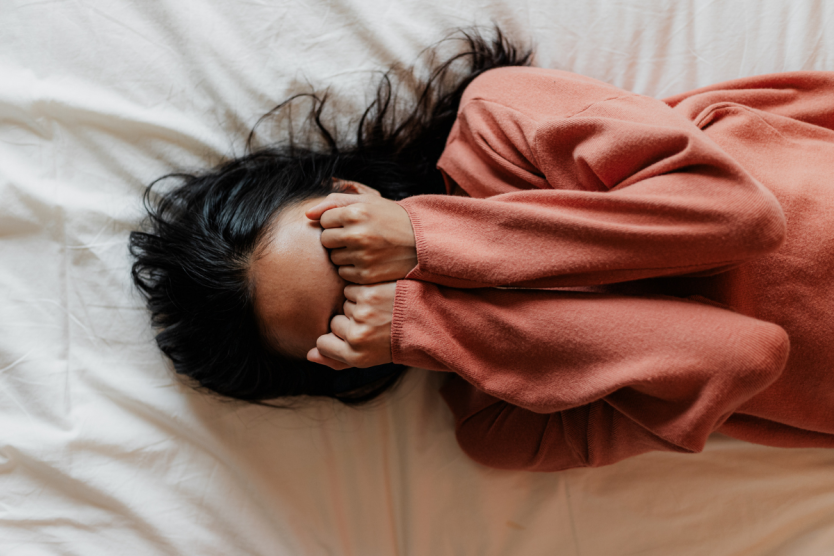Your body is constantly talking to you.
It’s easy to read some of the signals: You yawn when you’re tired, your stomach grumbles when you’re hungry, and sensations of pain shoot through your foot when you stub your toe.
Other signals your body sends may be more subtle, but still important. The signs of anxiety may be difficult to hear, for instance. Or you may not want to pay attention. But you need to take notice of what your body is telling you when the signals appear.
We all feel anxious at times. Taking on a new job or worrying about money can create anxious feelings. Lingering feelings of anxiety can interfere with daily activities and impact your health. It’s important to know the signs and take steps to ease your mind.
How do you identify the signs of anxiety?
Everyone reacts to stress in different ways, but there are some common ways to identify when your anxiety levels are elevated (note that we aren’t speaking to those with medical conditions like phobias).
Here are some of the symptoms to watch for that signal your body is reacting to a situation with anxiety 1:
- Trouble getting to sleep or staying asleep
- Feeling restless, wound-up, or on-edge
- Having difficulty concentrating
- Being irritable
- Having headaches, muscle aches, stomachaches, or unexplained pains
- Difficulty controlling feelings of worry
What can you do to help ease anxiety?
The first step in dealing with anxiety is to acknowledge your feelings. It’s OK to be anxious and stressed. Rather than put your emotions in a “closet,” allow yourself to feel those emotions, whether you are scared, angry or sad. 2
Be aware of your emotions and allow yourself to feel them, rather than letting them morph into anxiety. As you “sit” with your feelings instead of pushing them away, you should find your anxiety recede.
Understanding the triggers for your anxiety can help you cope with situations that create stress. Your triggers may be certain social situations, holidays, or work circumstances. Sometimes our physical health impacts our mental health. Conditions like pelvic floor disorder can lead to incontinence, which in turn creates anxiety for many women.
You can also give yourself some grace and turn to self-care to help ease your anxious feelings. Self care is not a luxury. Self care can help bring you back to a relaxed state, ease the negative feelings caused by those triggers, and give you the energy to continue to deal with the stressors in your life.
Here are a few ideas to help cope with anxiety:
- Practice journaling, which has been shown to help manage stress and stay in touch with your emotions.
- Practice meditation or guided visualization, which can help you feel calm and more relaxed.3
- Exercise or perform another hobby you enjoy.
- Reach out to a friend or loved one, and talk through your feelings.
You’re not alone
Whatever it is that creates your feelings of anxiety, understand that you’re not alone. We all feel stress, we all have triggers that create anxiety, and we all have different ways to cope. What’s important is that you listen to your body and take steps to alleviate the stress before it causes bigger issues. If you’re suffering from pelvic health issues, your anxiety may make it worse.
Looking for regular tips and self-care ideas? Follow the Pelvic Awareness Project on Instagram. If you find your anxiety is getting to be too much, it’s important to seek the advice of a doctor. 4
















